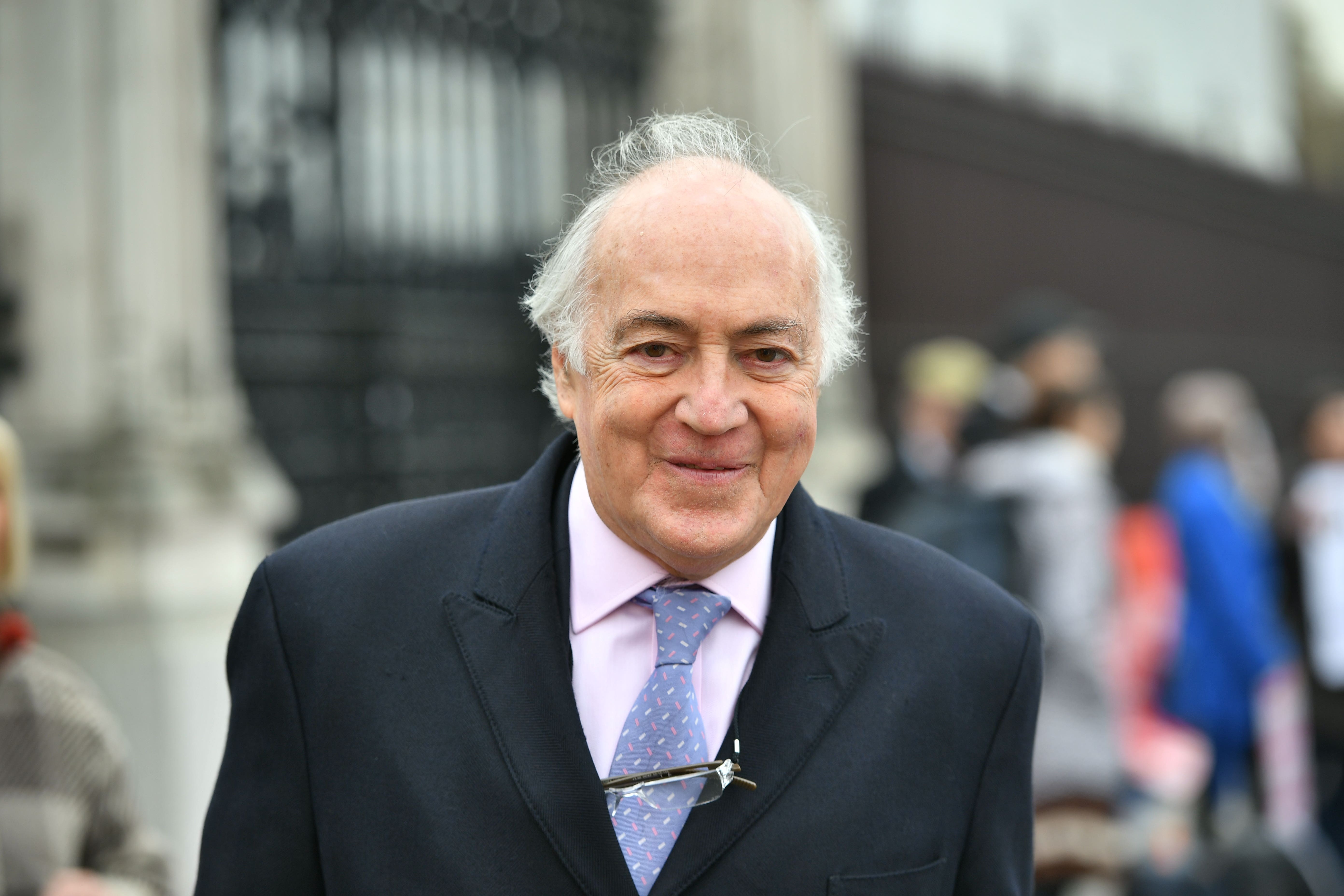Minister accused of ‘grossly misleading’ Parliament over Israel arms exports
Former Conservative leader Michael Howard accused the Government of making a ‘factually inaccurate’ statement to Parliament.

Your support helps us to tell the story
From reproductive rights to climate change to Big Tech, The Independent is on the ground when the story is developing. Whether it's investigating the financials of Elon Musk's pro-Trump PAC or producing our latest documentary, 'The A Word', which shines a light on the American women fighting for reproductive rights, we know how important it is to parse out the facts from the messaging.
At such a critical moment in US history, we need reporters on the ground. Your donation allows us to keep sending journalists to speak to both sides of the story.
The Independent is trusted by Americans across the entire political spectrum. And unlike many other quality news outlets, we choose not to lock Americans out of our reporting and analysis with paywalls. We believe quality journalism should be available to everyone, paid for by those who can afford it.
Your support makes all the difference.The Government has been accused by former Conservative leader Michael Howard of “grossly misleading” Parliament over the suspension of 30 arms export licences to Israel.
Lord Howard of Lympne pointed out that the Government said international humanitarian law is not the only criterion in making export licensing decisions, and noted the exemption for F-35 fighter jets from this partial export ban.
Foreign Office minister Baroness Chapman of Darlington explained that this exemption is because the F-35 components are part of a global supply chain and stopping these exports could impact “global security”.
Will the minister now accept that what she said was both factually inaccurate and grossly misleading?
However, Lord Howard argued that, if other factors are able to be taken into account, the Government was not compelled to suspend the 30 arms licences, and could have made other exceptions for Israel – such as on the grounds of self-defence – but chose not to.
The Tory peer said: “The Foreign Secretary in his statement said: ‘Commitment to comply with international humanitarian law is not the only criterion in making export licensing decisions’, and he justified the decision to exempt the F-35 equipment on other criteria.
“So does it not clearly follow from that the Government could, had it wished, have decided against a ban on the grounds that Israel is acting in self-defence against an organisation committed to its destruction and recognised by our own Government as a terrorist organisation?
“In the light of that, will the minister now accept that, when she told this House on Tuesday that the Government was required to suspend certain export licences, what she said was both factually inaccurate and grossly misleading?”
Lady Chapman responded: “No, I do not accept that.
“The legal test that we have is that there is a clear risk and the advice that we received that in these 30 licences it could present a clear risk, that’s not that it has done, not that there is a breach, but that there is a clear risk.
“This is not an embargo on sales of arms to Israel.
“On the issue of F-35s, as I’m fairly confident the noble lord will know, that is different, because we supply components that are part of a global supply chain and were we to stop those components being provided it could cause very, very difficult disruption and there would be an impact on global security.”
She added: “Our licensing criteria state the Government won’t issue export licences if there is a clear risk they might be used to commit or facilitate serious violations of international humanitarian law. We have concluded that there is a clear risk.”
Lady Chapman also confirmed that the decision to suspend the 30 export licences was a matter of law, not of international Labour party politics.
In response to a question from Tory peer Lord Bellingham, she said: “If he wants to talk about internal Labour party politics, he’s come to the right place.
“I have spent a lot of time on this topic and I can assure him, at this box, assure him, and he must hold me to this, that this decision had nothing to do with Labour party politics, and neither should it.”